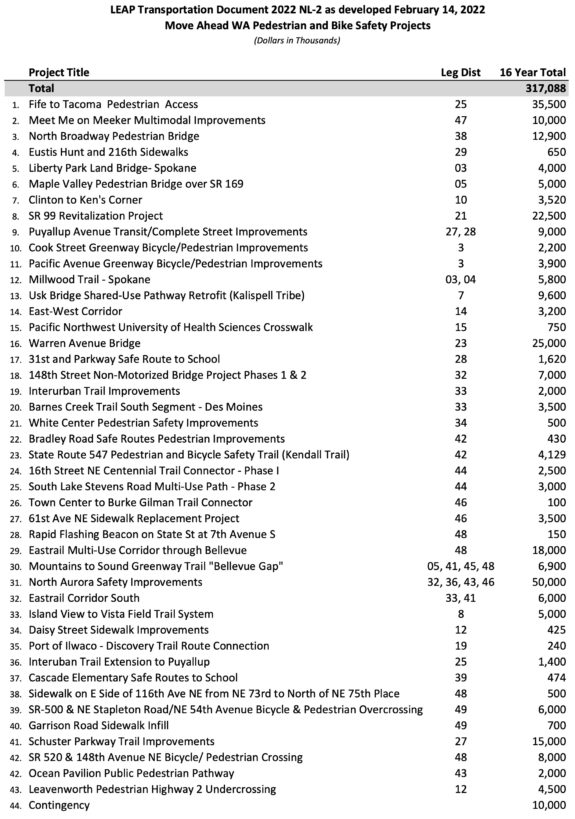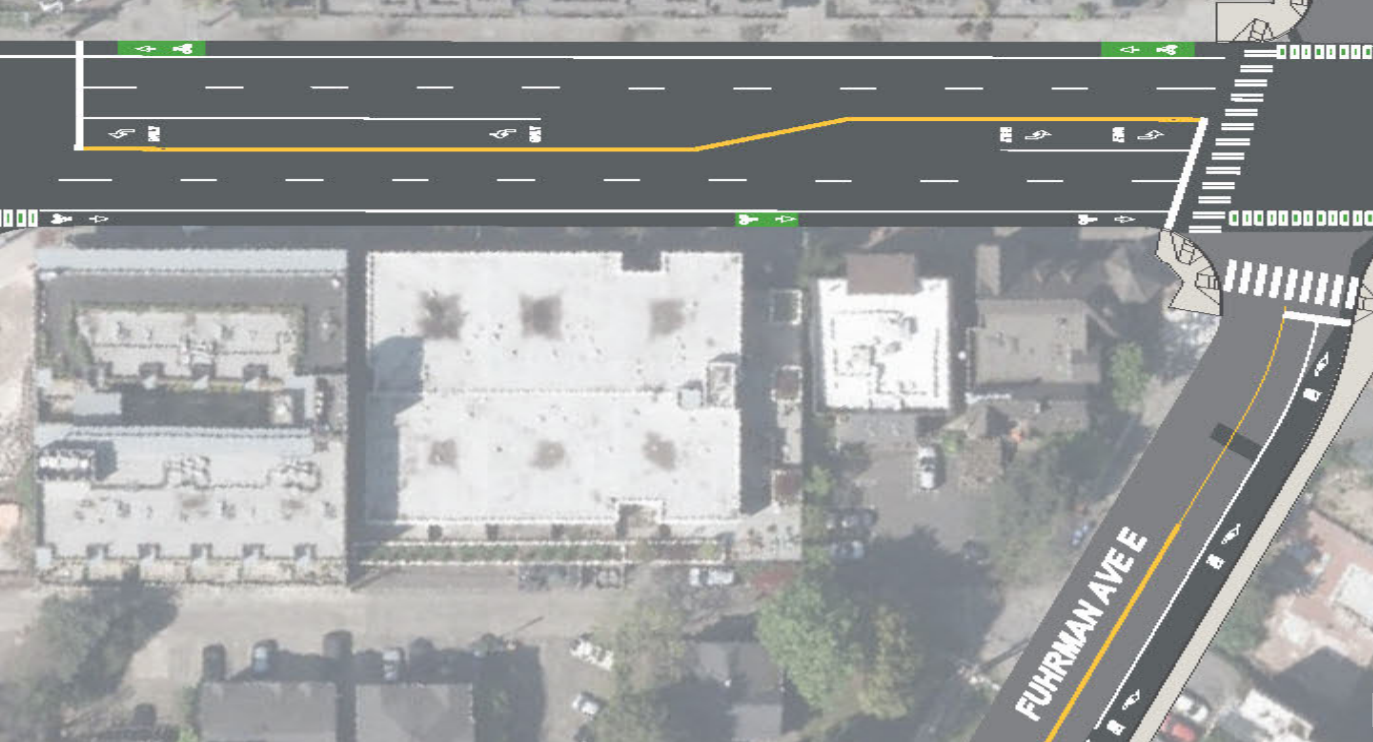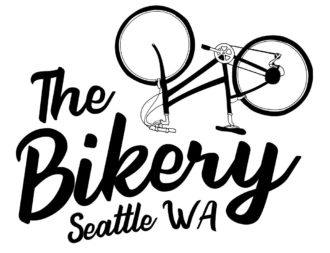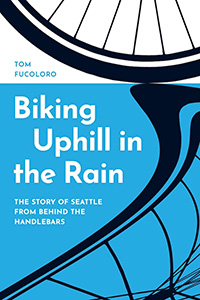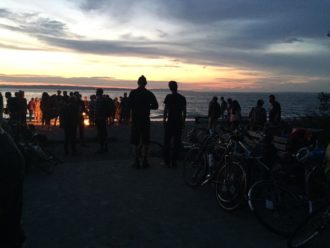The two-decade bicycle helmet law experiment is drawing to a close as Seattle, the largest remaining city in the United States with such a law, no longer requires them. The King County Board of Health voted Thursday to repeal its all-ages helmet law after months of debate, a decision that also covers Seattle. The law change went into effect immediately.
The Board made it very clear in their deliberations and in a companion resolution that they still strongly recommend the use of bicycle helmets. But they no longer consider police enforcement the best way to promote their use because of the dangers associated with biased policing.
There were times when it seemed so politically impossible to repeal King County’s rare all-ages bicycle helmet law that it didn’t seem worth trying. But times have changed both within local politics and within global bicycling culture, both of which have pretty big implications for the future of safe streets and beyond.
Bicycle helmet laws were a well-intentioned detour
Let’s rewind to 1993. I-90 finally opened in Seattle, and the region’s decades-long binge of new and wider freeways had led to a seemingly never-ending expansion of sprawling suburbs far away from the city center. People biked a lot in Seattle, at least compared to most other cities in the United States, thanks in large part to the wild success of the Burke-Gilman Trail, the poster child of the Rails-to-Trails movement. But beyond trails, there was practically no momentum to significantly redesign city streets to make them safer for cycling. There was also almost no funding for such an effort. Yet people were getting seriously injured or killed while biking, and people wanted to take action to prevent these tragedies. This was how the bicycle helmet law took hold.
In 1986, an estimated 1% of children wore bicycle helmets in King County, according to the Children’s Bicycle Helmet Coalition (“CBHC”) in a March 1993 Seattle Times story (Seattle Public Library account required to access). But bicycle helmets became more widely available and public information efforts from Cascade Bicycle Club, the Washington Bicycle Federation and the CBHC changed that. By 1993, when King County enacted its helmet law, bicycle helmet use was up to 40% for children and over 50% for adults, according to Cascade. The King County law was supposed to precede a statewide law, but the statewide bill failed to pass.
The early 1990s was also when major bicycle racing organizations started to require helmets for athletes, so the next logical question was whether people riding on city streets should be required to wear them, too. Since the head is the most vulnerable part of the body, it seemed like a good way to prevent death and serious brain injury. This is why Cascade and WA Bike Fed were proponents of the law at the time, and why the law was passed by the Board of Health rather than by the Seattle or King County councils at large. It was a public health effort. (The law initially did not affect Seattle, which had its own Public Health Department. The law expanded to include Seattle when the two public health boards merged in 2003.)
But why single out people on bikes? Yes, head injuries were the leading cause of death for people biking, but the same could be said for people fatally injured inside of cars or walking across the street. Yet there was seemingly no effort at all to mandate that people wear helmets while inside motor vehicles or using crosswalks. While people can easily understand the difference between driving a race car and driving to the grocery store, all bicycling was essentially treated as a sporting activity. If it’s a sport, then wearing a bicycle helmet seemed as logical as wearing a football helmet. (more…)

